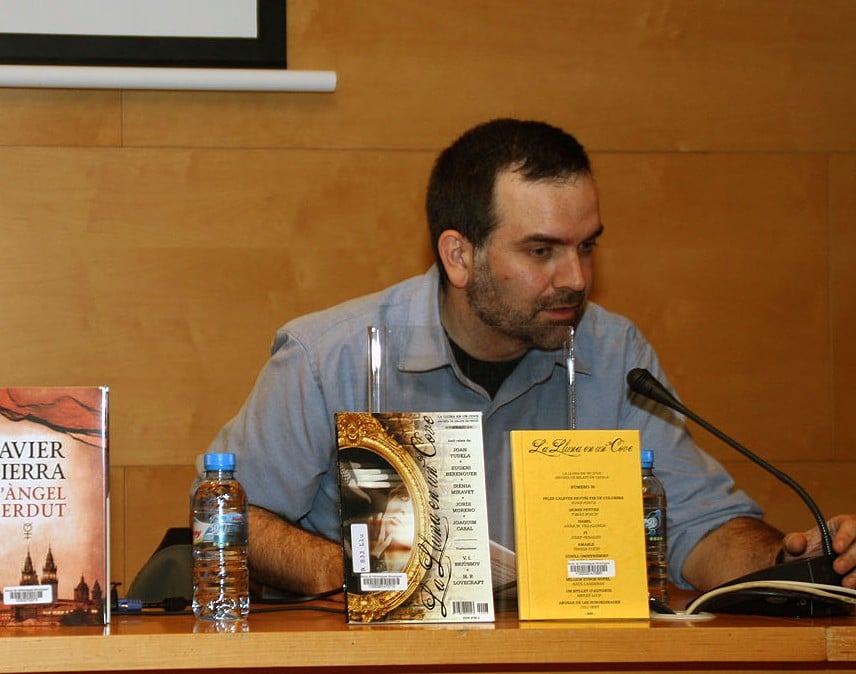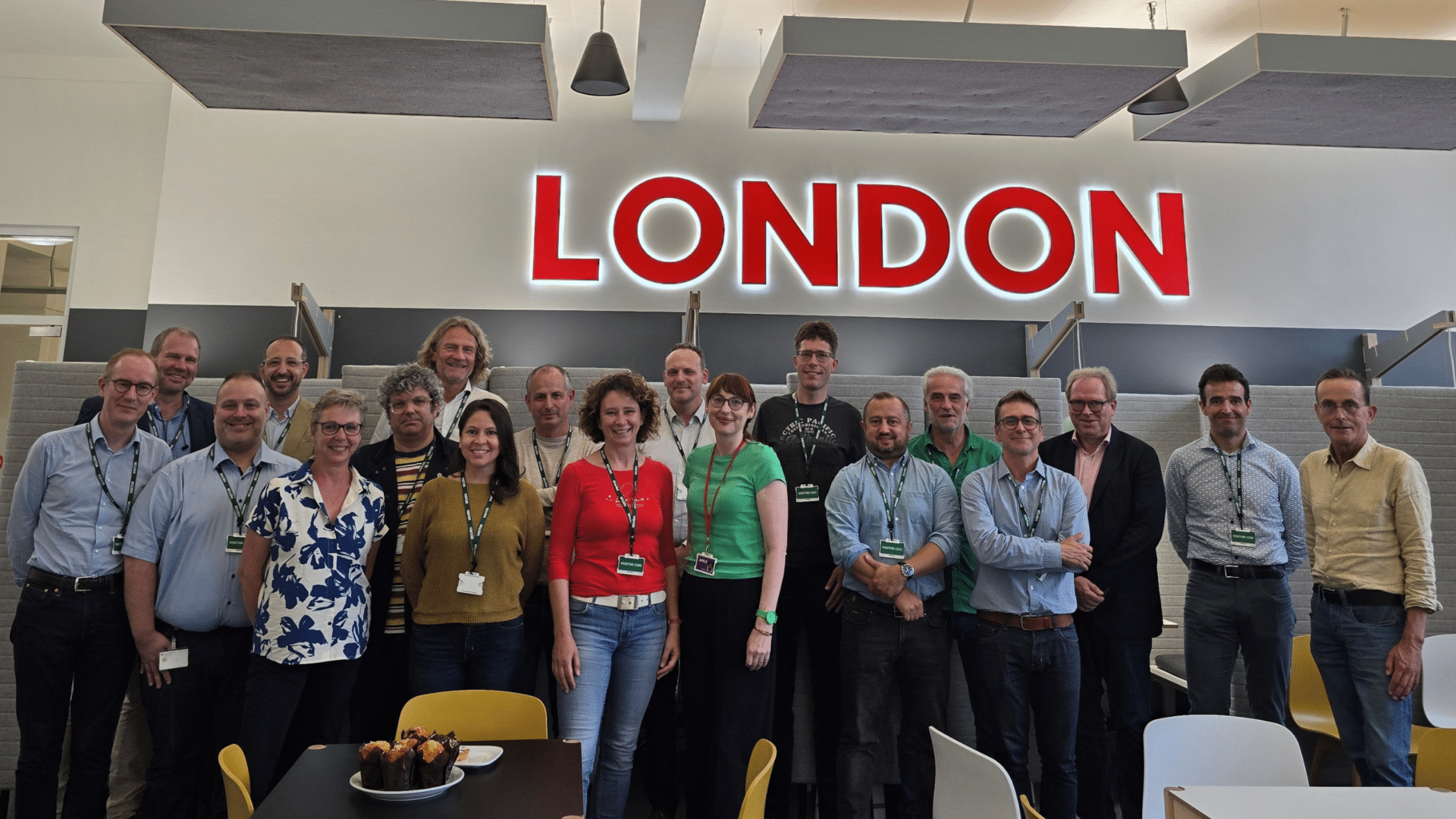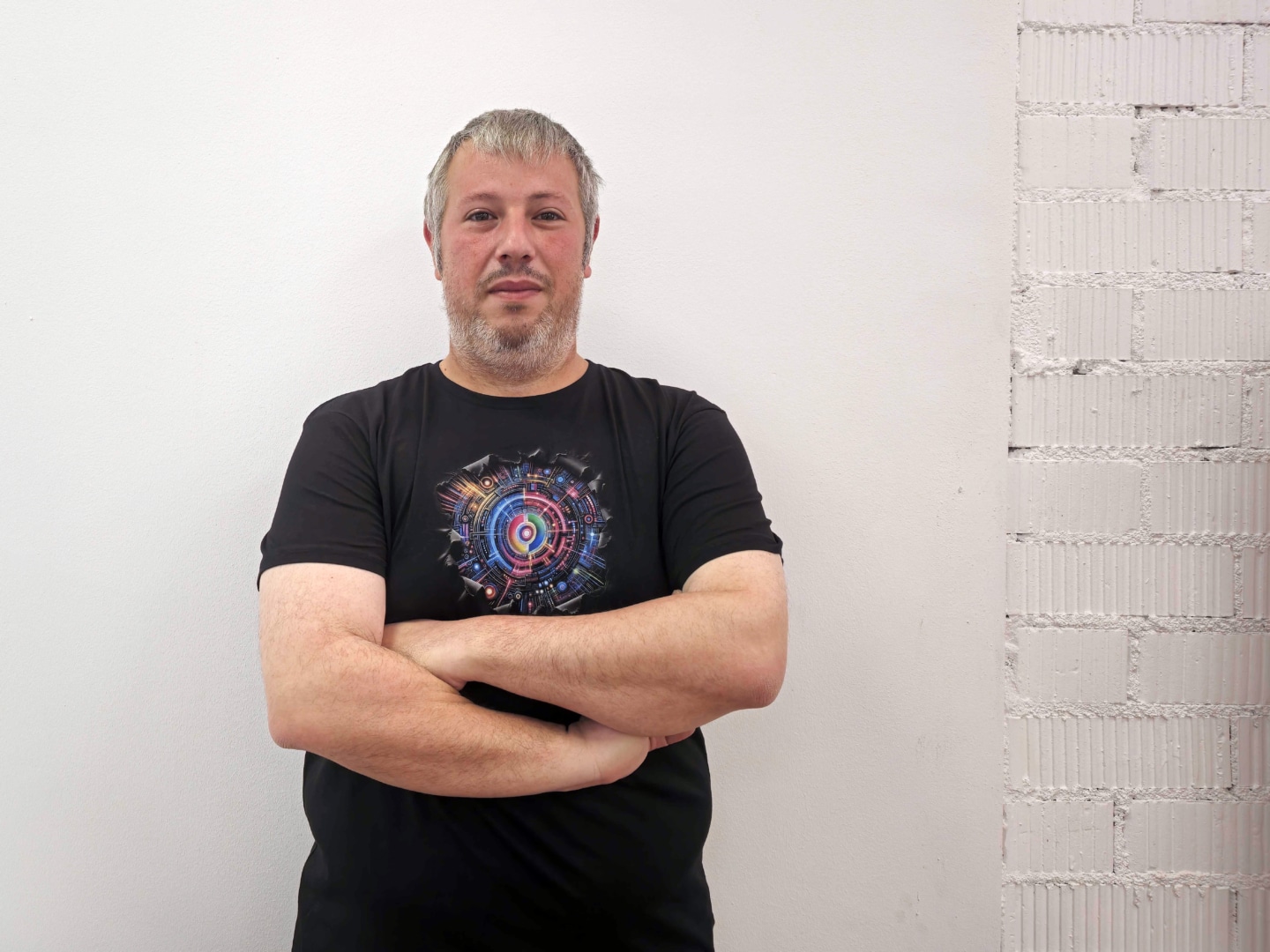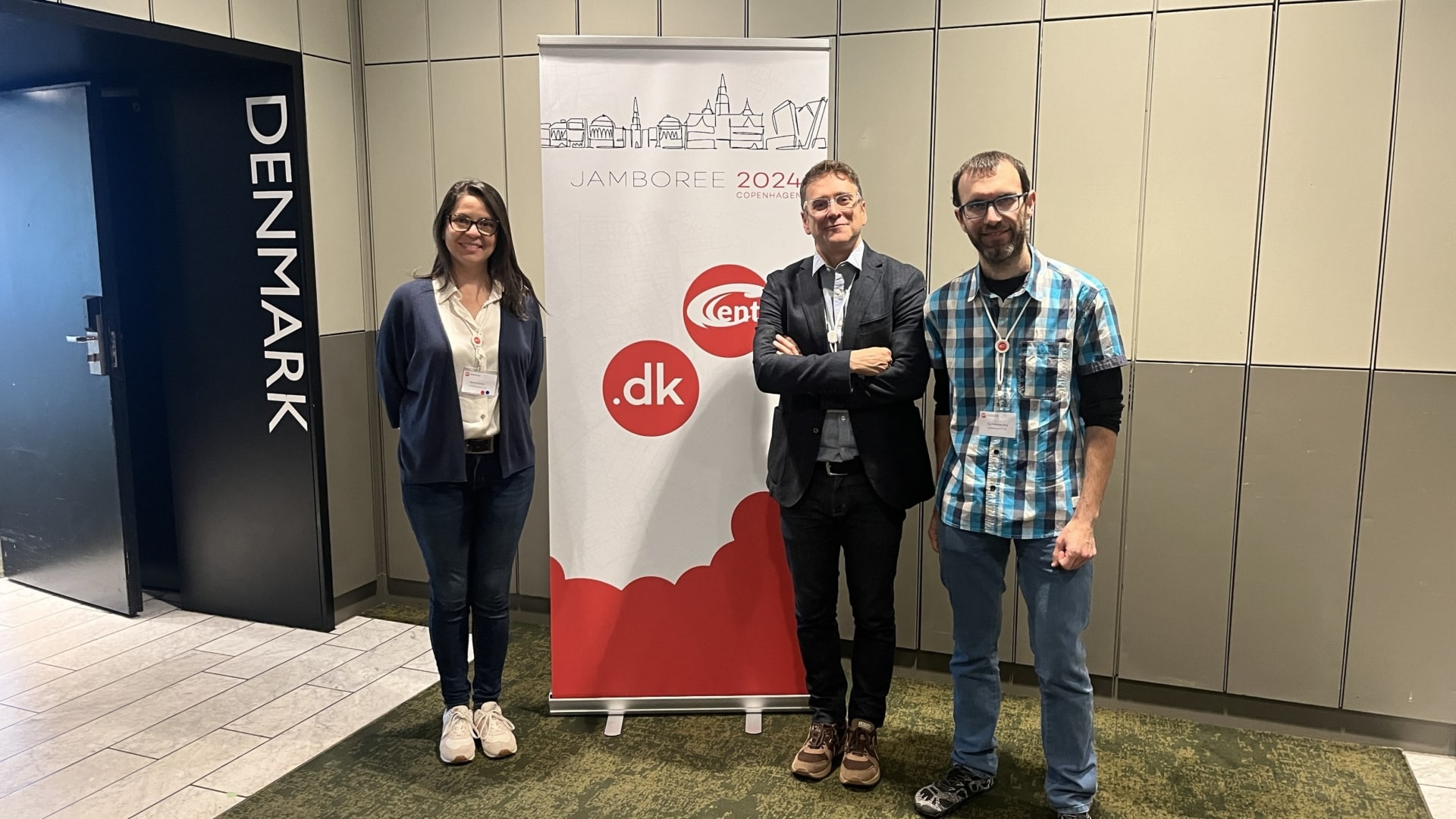“We must help our publishers for there to be a supply of science fiction, fantasy and horror in Catalan”

We talk to Eloi Puig, chairman of the Catalan Science Fiction and Fantasy Society (SCCFF).
Who is Eloi Puig and what is La Biblioteca del Kraken?
Someone who grew up in the 80s with all the “nerdy” references of my generation, B-movies, etc. And I was one of the first generations to roleplay when it reached Catalonia at the end of the decade. Geeks at that time did different things to normal folk: roleplaying, reading comics, fantasy or science fiction books, watching strange films… This large world brought us all together. In around 2003 I started thinking that I could upload reviews on the books I’d read based on the summaries I made so that I wouldn’t forget them. And it’s now been 17 years since I opened La Biblioteca del Kraken, a personal projects produced in Catalan that was translated into Spanish after a few months, where I uploaded reviews of the things I was doing. Over all this time I’ve accumulated around 850 references to novels and anthologies.
The SCCFF was established in 1997 promoted by the science fiction and fantasy section of the Association of Catalan Language Writers, but you joined later on, didn’t you?
I joined the society in around 2007, during its 10th anniversary. I contacted them to become a member, and when I entered I discovered I was the youngest there. It was then quite a small group that hadn’t yet reached the younger public: it was full of writers and academics. I thought it was quite a static group, so outside the society I started Ter-Cat, Tertúlies Catalanes de Ciència Ficció i Fantasia (Catalan Science Fiction and Fantasy Talks): meetings that we’ve been holding for 12 years, very informal, a lot of fun, to discuss our “nerdy” things. And always with the aim of decentralising, so that not everything stays in Barcelona. We have lunch, chat, and create complicities. I then created the Ictineu awards and helped promote the magazine Catarsi. These initiatives also included the CatCon, the Catalan Science Fiction and Fantasy Convention. The driving force behind it all, however, were the Ter-Cat. And I was asked to become the chairman of the SCCFF a few years ago.
2012-2013 were years in which several new projects linked to the “geek” community were included: El Biblionauta by the Agrupació d’Amics de la Ciència-Ficció en Català (AACFC), Les Rades Grises by Raül Maigí, Rucs Elèctrics, or the publishing houses Males Herbes and Raig Verd…
The social networks have helped a lot in this sense. El Biblionauta has become the best Catalan language website on fantasy genres, and writing a blog is now the easiest thing in the world. This helps increase the offer and encourages people. And specialist publishers have started to pop up over the past two or three years, although more generalist publishers such as those mentioned had already produced works of this genre beforehand. All these websites you refer to ensure a lot of feedback, also from the meetings we organisation around the region.
There’ll always be someone to take over, then.
There’s an earlier generation, people who are 15 or 20 years older than me, who did other things. When I joined, a five- or six-paged bulletin was produced and sent to the members, because there was no social media then. After that, this became pointless when you have a dozen blogs where you can read reviews. The change has been a gradual one and many lines have converged. Those of us from that time have done everything we can to make sure this community works. Personally, I’ve spent 17 years writing reviews just for the sake of it.
But how difficult is it to promote these genres in Catalan?
Spanish is and will remain at the forefront: there are hundreds of publishers who work in Spain and the rest of the world, whereas it’s hard enough to publish in Catalan in Catalonia, Valencia and the Balearic Islands. Catalan language publishers should offer two things: the great classics of the genre and the current news. All this should be available in Catalan. Until recently, some people didn’t read in Catalan precisely because there was nothing published in the language. Maybe half the books I read over the year are in Spanish, because they don’t exist in Catalan. But we have to help our published for this to happen.
Why did the SCCFF choose the .cat domain?
It’s obvious: we’re a society dedicated to the Catalan language. One thing is my personal website that’s in all the languages I know (if I could speak English or Italian then it’d be in those languages too). The SCCFF only deals with works that have been translated into or that are written in Catalan. That’s no surprise. There’s loads of associations doing the same thing in Spanish.


